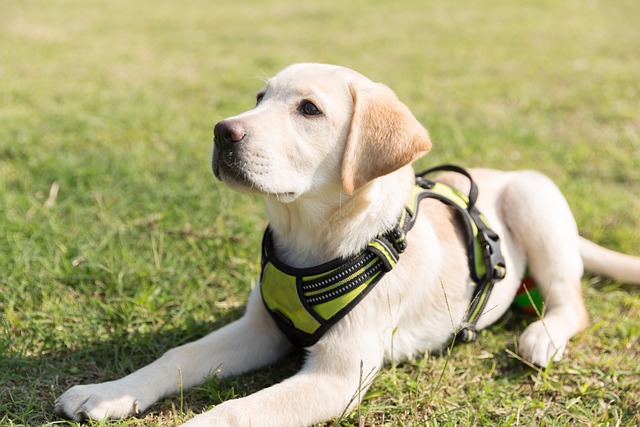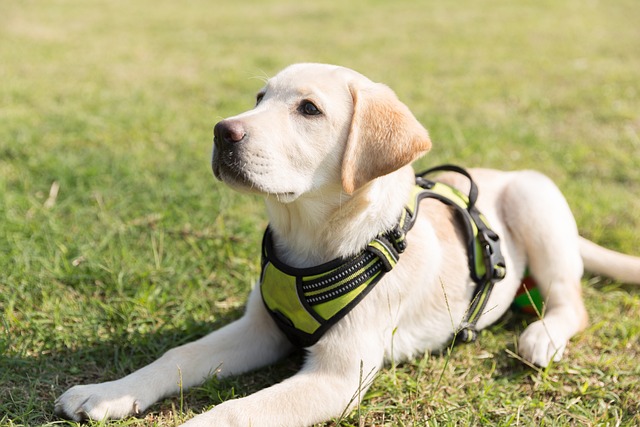
How to guide your dog to urinate and defecate outside?
Puppy pads scattered across the kitchen, a surprise pile behind the couch, the frantic scramble to clean before guests arrive—house-training struggles feel universal.
Ever called your dog in the park, only for Fido to pretend he’s suddenly deaf? Or struggled to get him off the sofa when guests arrive? You’re not alone. Many new dog owners face these frustrations, often resorting to yelling or repeating commands endlessly, which just teaches dogs to tune us out. Thankfully, the 1-2-3 Method offers a clear, science-backed alternative rooted in how dogs actually learn – through immediate consequences and consistent communication. Forget vague hopes; this is about predictable structure.
So, how does it work? Think of it like a clear traffic light system for your dog. When you give a known command ("Sit," "Come," "Off"), silently count "One... Two..." in your head. This brief pause gives your dog a moment to process and choose to comply using positive reinforcement dog training principles. If he responds before you mentally reach "Three," instantly reward him! That reward could be a tasty treat (tiny bits of chicken work wonders!), enthusiastic praise ("Yes! Good boy!"), or a quick game with his favourite toy. The key is consistent timing – the reward must happen the instant he gets it right. This links his action directly to the positive outcome. If you hit "Three" and he hasn’t complied, calmly and gently show him what you want or guide him into position without force, then withhold the reward. No scolding needed – the missed reward is the consequence. Practice this during short, 5-minute sessions, maybe while waiting for your coffee or during TV ads.

Now, living in an apartment complex or navigating busy city sidewalks adds another layer. Using the 1-2-3 Method on-leash during walks is perfect for practicing commands like "Leave it" with that discarded pizza crust or "Heel" when passing another dog near the elevator. Remember, politeness extends beyond training. Always carry poop bags – scooping is not just good manners, it’s often legally required across US cities and towns, with fines for non-compliance. Similarly, ensure your pup’s rabies vaccination is current, as this is mandated by law nationwide and crucial for dog park visits or boarding. This approach directly supports compliance training within community standards.
Crucially, the 1-2-3 Method aligns perfectly with modern animal welfare views dominant in the US and Europe. It relies entirely on rewards and clear communication, making physical punishment or intimidation like alpha rolls not only unnecessary but counterproductive and culturally frowned upon. Think of it as building trust, not dominance. By focusing on what your dog does right and rewarding it immediately, you’re not just teaching obedience; you’re strengthening your bond and creating a well-mannered companion who understands the household rules, whether you’re in a bustling urban loft or a suburban home. It turns daily interactions into mini-training opportunities, fostering a happier life together.

Puppy pads scattered across the kitchen, a surprise pile behind the couch, the frantic scramble to clean before guests arrive—house-training struggles feel universal.

It’s a familiar morning scene for many new dog owners: you walk into the kitchen to find your pup’s nose buried in the trash can, cereal boxes torn open and banana peels scattered across the floor.

Watching a tiny Yorkie or Chihuahua dart toward the door instead of squatting on the rug feels like a win—but getting there takes time, and every pup moves at their own pace.

Puppies have tiny bladders, and when you live in an apartment with no yard or during harsh winters that make outdoor trips tricky, indoor potty training becomes a necessity.

Many new dog parents see agility videos—dogs zipping through tunnels, leaping over hurdles—and think, “We could never do that at home.”

Ever called your dog in the park, only for Fido to pretend he’s suddenly deaf? Or struggled to get him off the sofa when guests arrive? You’re not alone.